As lunchtime approached, Dominic Shipley and his fellow AIMsters braced themselves. As they sat down in the cafeteria, the officers closely observed their every bite, the rising seniors carefully managed every detail of their eating process.
If they looked up from their meal, left their mouth open for too long, or did anything else their supervisors may have disapproved of, they would be brutally reprimanded.
From July 13-18, Dominic Shipley participated in the United States Guard Academy Introduction Mission (AIM) in New London, Connecticut. He hoped to utilize the opportunity to advance his career prospects in both military service and the field of engineering.
Despite all the benefits to be had from completing the program–including preferred admissions to the academy–he first had to survive what would end up being the most treacherous week of his life.
As he first became interested in the Coast Guard close to his freshman year, his interest in engineering dates back a considerable distance earlier. He credits the fostering of his attraction to the Coast Guard to a seemingly unassociated family outing.
“My family went on a cruise, and I enjoyed being on the ship,” Dominic Shipley said. “The Coast Guard seemed like a good way [to] could pursue engineering with [ships].”
Dominic’s father, Digital Arts & Design teacher Dereck Shipley, was a proponent of his son’s decision to apply, viewing it as an exceptional development program with an added degree of relative safety.
“I [thought] it was a really great opportunity for anybody that could go to it,” Dereck Shipley said. “And [with] it being the Coast Guard, [it’s] a little different than the other branches of service because there’s not really as much of a chance of a deployment.”
With all of the anticipated benefits at the conclusion of the week, Dominic Shipley’s experience during the stretch was anything but easy. Although the early stages were reasonably relaxed, the extreme austerity of military life rapidly took shape.
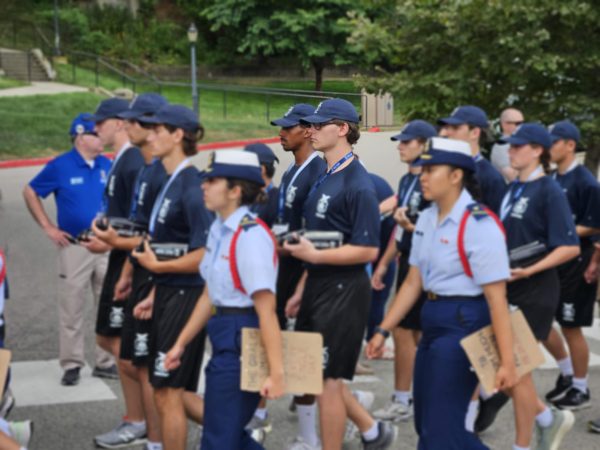
“At first, it seemed like it was going to be a really chill thing. It was just sort of getting to meet everybody, but that was not what happened,” Dominic Shipley said. “We were there for about three hours, and then [we] randomly started getting screamed at and had to run to our rooms. That’s pretty much how the rest of the week went.”
The constant screaming began to instill an element of fear in program participants. Although it did not exceptionally affect Dominic Shipley, other participants found that the constant fright began to take a heavy toll on their emotional states.
“Every morning, if you woke up before the alarm, it was just a state of anxiety and anticipation, waiting for them to start screaming at you to get up,” Dominic Shipley said. “We had a couple people break down and start crying. Honestly, it was rough. Laying in the bed at the end of the day was a struggle mentally.”
In addition to the psychological impact of the program, there were also significant physical trials throughout the stretch, which entailed a near-constant flow of intense drills and exercises to help prepare students for the full Coast Guard experience.
“We were up at 5:30 AM and we did morning calisthenics (full body workouts), and then it was usually a mixture of military drills and engineering workshops,” Dominic Shipley said. “Then we had to be in bed by 10:00 PM.”
Initially, AIM officers retained their rigidity in interacting with participants. Close to halfway through the week, however, they began to open up to conversation. Dominic Shipley and others took advantage of this opportunity to foster connections for their futures.
“For [those] first couple of days, [the officers] were super strict, mean, nitpicking, [etc.], but then they lightened up and we got to talk to them person to person, and they were all really helpful, informative people,” Dominic Shipley said. “They gave us their contact information so we could talk to them about college and stuff like that.”
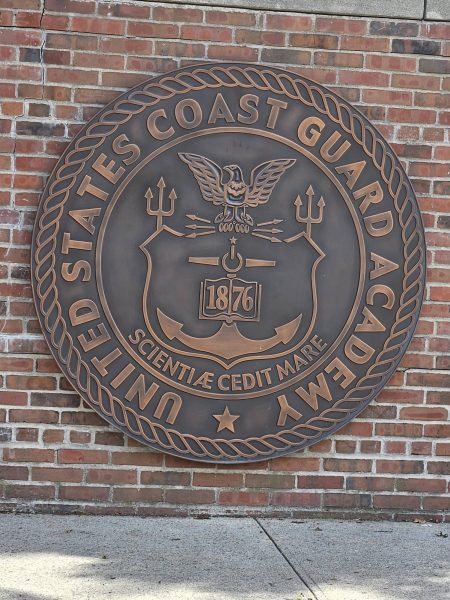
Moreover, all 200 students were not permitted to have any contact with the outside world for the whole week. Although that caused some anxiety within the Shipley family, they found comfort in the degree to which Dominic Shipley prepared himself for the program.
“That was probably the first time he’s ever been away from us and not able to contact us in any way,” Dereck Shipley said. “But going in knowing it was strict, he did a lot of the workouts ahead of time. I wouldn’t have told him to go if I didn’t think he could do it.”
Despite his preparation, the experience did negate some of Dominic Shipley’s earlier determination to join the Coast Guard. While still strongly considering applying for the Coast Guard Academy, he is keeping his options open for the time being.
“The Coast Guard might be down on my list some, but it’s definitely not off my list,” Dominic Shipley said. “It would be a great experience, but I’m less sure after going through all of that that it’s the right experience for me personally.”
If Dominic Shipley does enter the Coast Guard Academy, he does not necessarily have to dedicate his career to military service, but he will have to serve a minimum of five years in the U.S. Coast Guard.
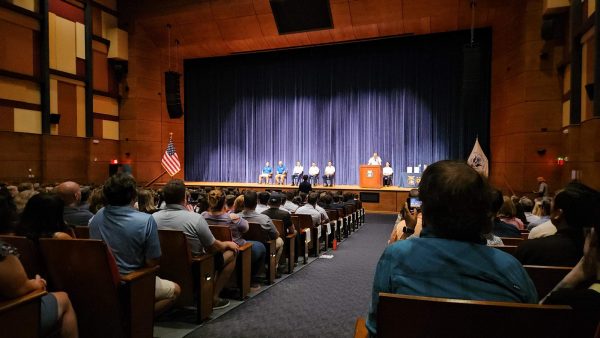
In his father’s view, enrolling would be a tremendous opportunity for Dominic Shipley to enhance his career prospects, no matter what route he takes.
“The leadership experience really sets you up for career opportunities,” Dereck Shipley said.
Given the immense benefits, the application process to enter a military academy is extremely rigorous. Most branches require a nomination from a U.S. representative, but the Coast Guard academy does not.
“It’s more competitive than an Ivy League school,” senior counselor Reece Henry said. “What they’re looking for is club memberships and leadership, grade point average, and just the rigor of coursework [on par with] Ivy League students.”
Even with the immense trials of the program and the rigorous road that potentially lies ahead, Dominic Shipley still believes in the positive results of his experience and believes that all interested students should at least consider applying.
“If there’s anybody that’s ever considering applying, I would say that you should do it, whether or not you want to go to the Coast Guard Academy,” Dominic Shipley said. “It’s such a rewarding experience, and it’s something that you’d never truly understand unless you’ve gone through it.”













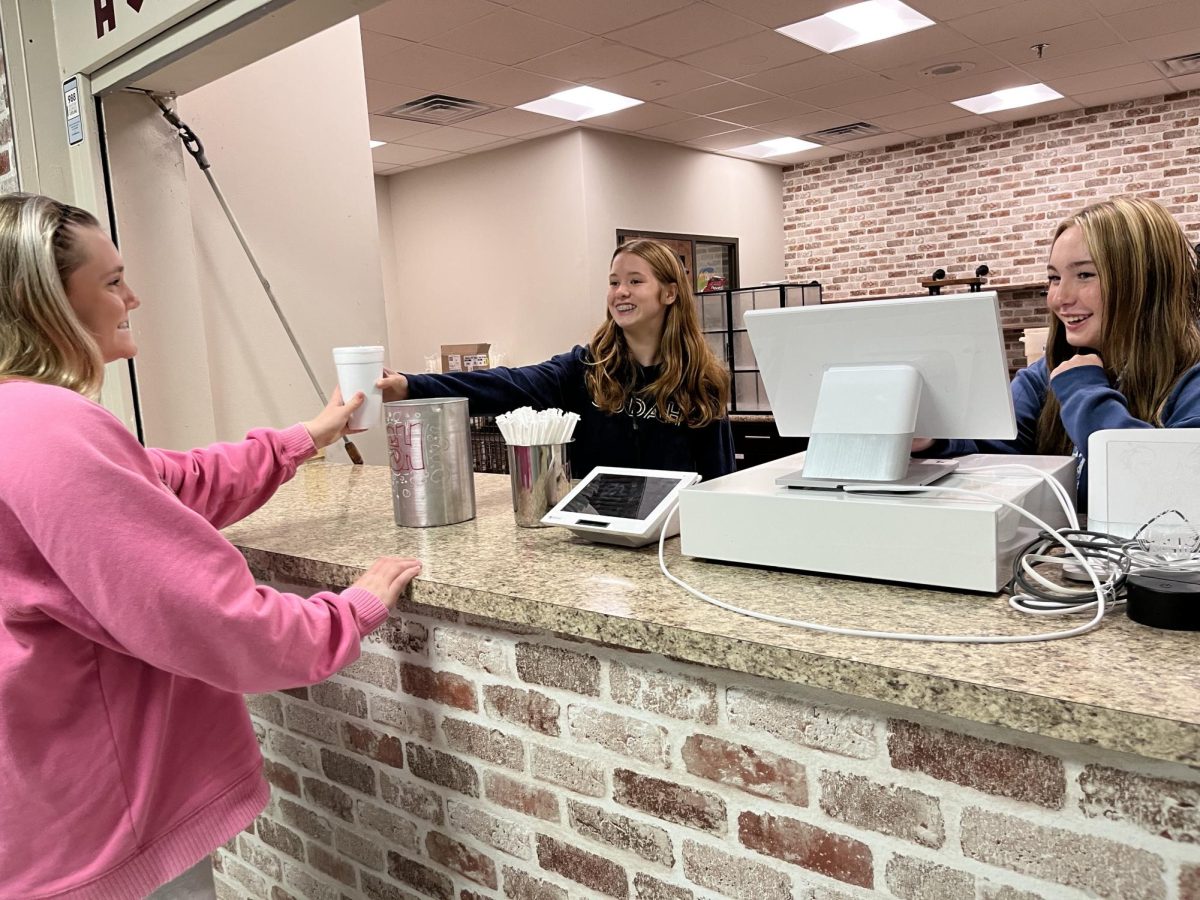














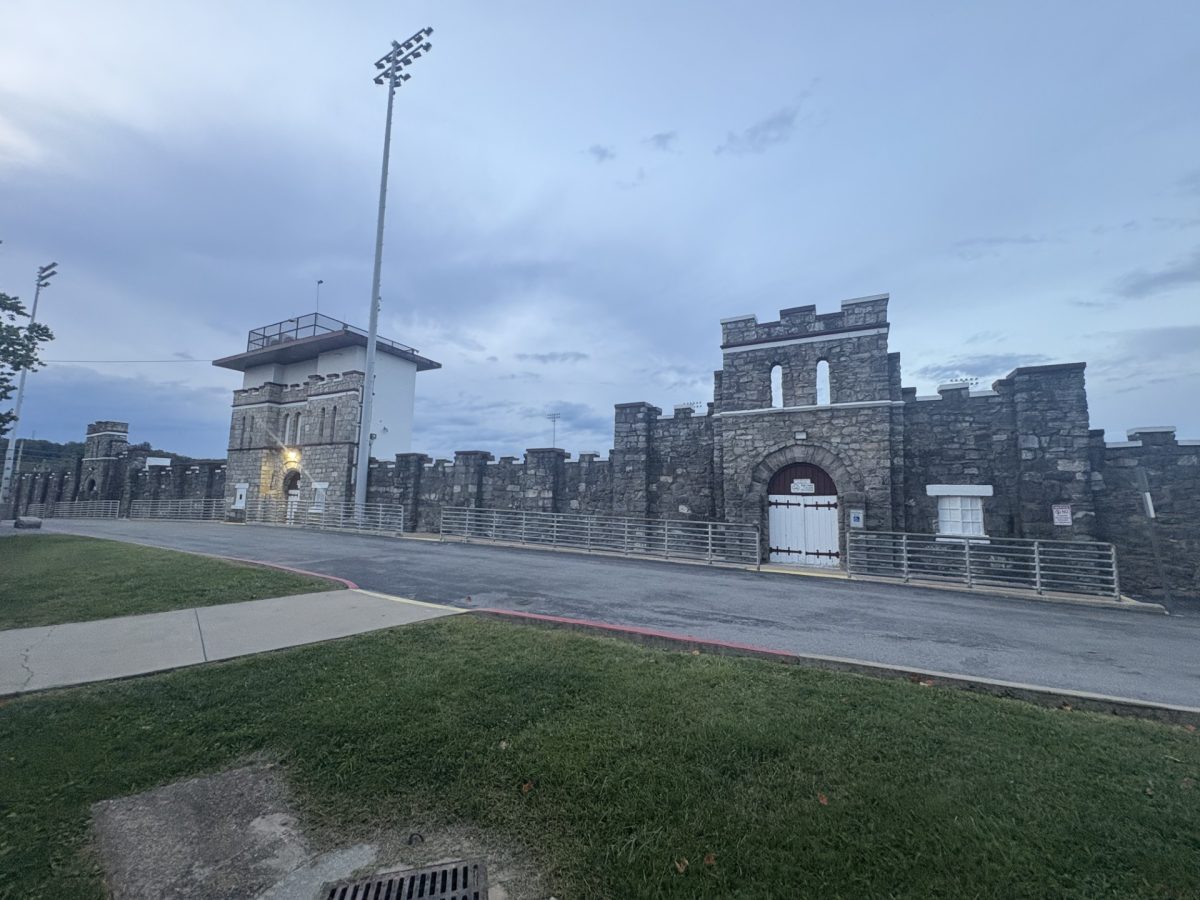



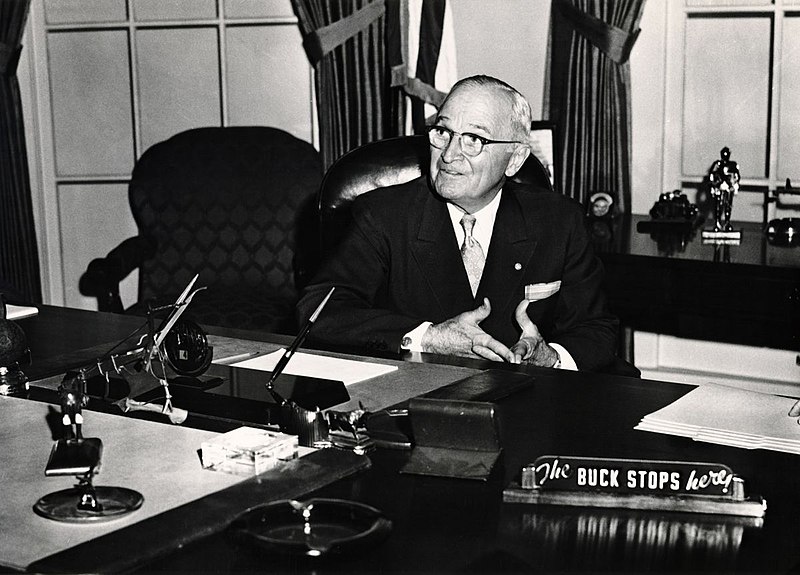
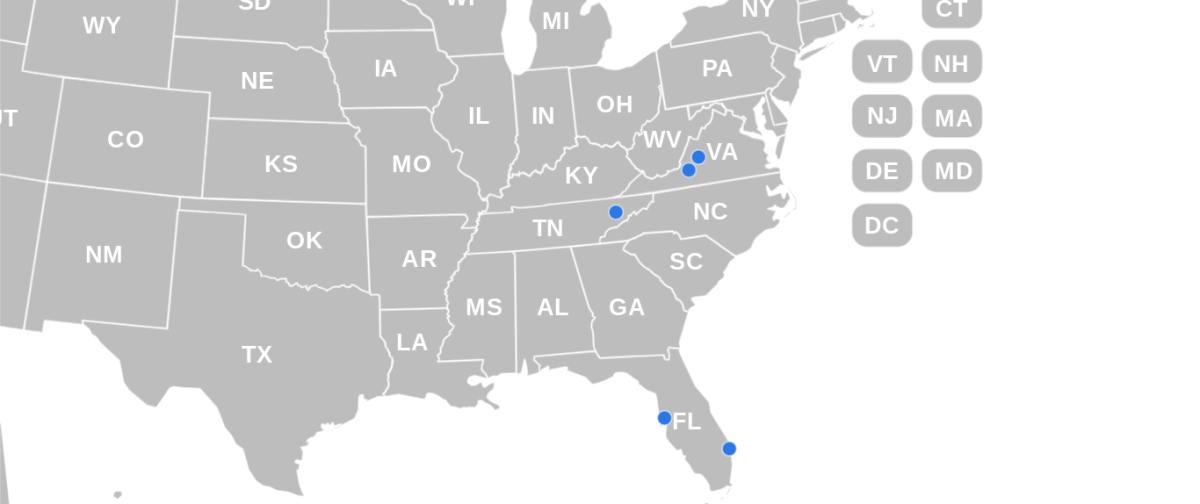
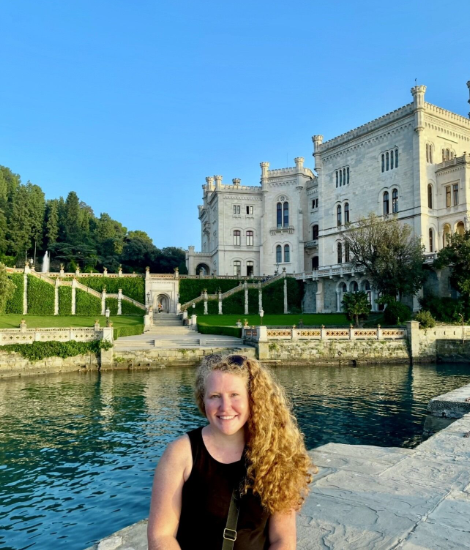




Tim Davis | Sep 5, 2025 at 2:28 PM Maroon and White Pick
This piece shines with multiple perspectives, offering a satisfying glimpse into a unique summer experience!